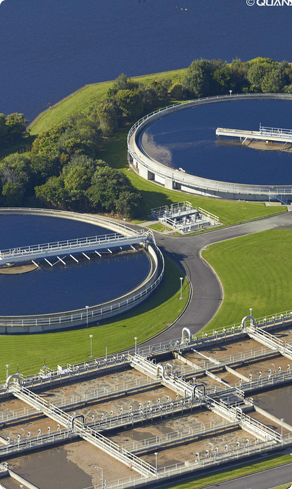scale and corrosion inhibitor for cooling tower
Scale and Corrosion Inhibitors for Cooling Towers
Cooling towers play a crucial role in various industrial processes by dissipating heat from equipment and maintaining optimal operating temperatures. However, the efficiency of these systems can be severely compromised by the formation of scale and the occurrence of corrosion. To combat these issues, the use of scale and corrosion inhibitors is essential.
Understanding Scale Formation
Scale formation in cooling towers primarily arises from the evaporation of water, which concentrates dissolved minerals such as calcium, magnesium, and silica. As the water evaporates, these minerals precipitate out, forming scale on heat exchange surfaces and other components. This build-up reduces thermal efficiency and can lead to increased energy consumption and system failures.
The Role of Corrosion
Corrosion is another significant challenge faced by cooling tower systems, often driven by water chemistry and environmental factors. The presence of oxygen, carbon dioxide, and various salts can lead to the deterioration of metal components, resulting in costly repairs and unplanned downtime. Corrosion not only decreases the lifespan of the cooling tower but also poses a risk of leaks, which can have environmental consequences.
Inhibitors A Solution to Scale and Corrosion
scale and corrosion inhibitor for cooling tower

To address these issues, the application of scale and corrosion inhibitors has become common practice
. These chemicals work by modifying the properties of the water, preventing scale formation and protecting metal surfaces from corrosive agents.1. Scale Inhibitors Polyphosphates, phosphonates, and organic acids are commonly used scale inhibitors. They work by sequestering calcium and other minerals, making it more difficult for them to precipitate out of solution. By keeping these minerals in a soluble form, scale formation on cooling tower components is minimized.
2. Corrosion Inhibitors There are various types of corrosion inhibitors, such as ferrous and zinc-based compounds, which provide a protective film on metal surfaces. This film acts as a barrier, reducing the interaction between the metal and corrosive elements in the water. Additionally, some corrosion inhibitors can help neutralize acidic conditions, further protecting the system.
Implementation and Monitoring
When implementing scale and corrosion inhibitors, it is crucial to carefully monitor water chemistry to maintain optimal concentrations. Regular testing and analysis can help ensure that the inhibitors are functioning correctly and that any adjustments can be made proactively. This practice prolongs the life of the cooling tower, improves efficiency, and ultimately leads to cost savings.
Conclusion
In summary, managing scale and corrosion in cooling towers through the use of appropriate inhibitors is essential for maintaining system efficiency and longevity. By applying these chemicals judiciously and monitoring their effects, industries can optimize their cooling operations while minimizing maintenance costs and potential environmental impacts. Ultimately, understanding and addressing scale and corrosion issues is key to the successful operation of cooling towers in any industrial setting.
-
2-Phosphonobutane-1,2,4-Tricarboxylic Acid: Scale & CorrosionNewsAug.29,2025
-
Premium Isothiazolinones | Broad-Spectrum Biocidal SolutionsNewsAug.28,2025
-
LK-319 Special Scale And Corrosion Inhibitor For Steel Plants: Advanced Solutions for Industrial Water SystemsNewsAug.22,2025
-
Flocculant Water Treatment: Essential Chemical Solutions for Purification ProcessesNewsAug.22,2025
-
Isothiazolinones: Versatile Microbial Control Agents for Industrial and Consumer ApplicationsNewsAug.22,2025
-
Scale Inhibitor: Key Solutions for Water System Scale PreventionNewsAug.22,2025





